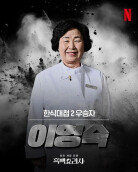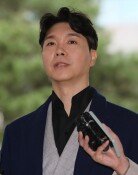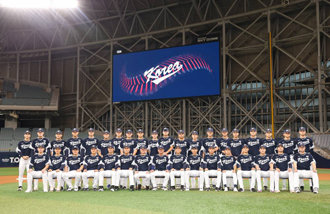Carter Centers misguided statement on Seoul`s human rights
Carter Centers misguided statement on Seoul`s human rights
Posted December. 29, 2014 05:00,
The Carter Center, which was founded by former U.S. President Jimmy Carter, issued a statement on December 18 to seek release of former Unified Progressive Party lawmaker Lee Seok-ki and others, who are standing trials for the charge of conspiracy for treason and instigation. The statement claimed that The ruling that found Rep. Lee Seok-ki guilty was issued based on provisions under the National Security Act that is very suppressive and which was enacted before 1987 during the military dictatorship. Former President Carter said, For Korea to expand its essential roles as a human rights leader in Asian and world affairs, opportunities should be left open to enable all (Korean) people to hold discussions in a complete, transparent and democratic way about human rights that are in jeopardy due to the National Security Act. It is regrettable that former President Carter, a Nobel laureate in peace, made criticism based on wrongful facts.
The charges Lee faces include violation of the National Security Act, but the main charges are collusion for treason and violation of the Criminal Code. He was found guilty for the charges of conspiracy for treason and instigation for treason in the lower court trial, and was found guilty for the charge of conspiracy for treason in the appellate court trial. The Constitutional Court of Korea issued a ruling to dissolve the Unified Progressive Party for the first time in the nations party politics history due to Rep. Lees rebellion charges. The Carter Center issued the statement before the Constitutional Court made the ruling. As long as a country exists, any country will and can punish treason. The U.S. is also punishing those who commit rebellion, and legislated the Patriot Act, which is far tougher, after the 9/11 terrorist attacks.
The fact that the centers statement suggests as if the National Security Act from before-democratization was applied to Rep. Lee is also an apparent inaccuracy. The National Security Act was amended in 1991. Even so, as for the crime of praising and supporting an anti-state organization in Clause 1, and the crime of production and possession of materials benefiting enemies in Clause 5, both under Article 1 of the act, the Constitutional Court ruled constitutional in a unanimous vote in 2004, saying The possibility for abuse significantly decreased after the 1991 amendment. During the Roh Moo-hyun administration, there was an attempt to outright abolish the National Security Act, but the effort proved unsuccessful due to failure to garner public support. It looks as if former President Carters watch of human rights stopped during the Yushin (Revitalizing Reform) era under the late former President Park Chung-hee, when the former was the incumbent U.S. president.
Carter visited North Korea several times. Despite his good intentions to improve the U.S.-North Korea relations or inter-Korean ties, his North Korea visits sometimes earned criticism from the U.S. and Korean media that they only served as a mouthpiece for North Korean dictatorships. South Koreas judicial branch issues rulings independently of political power. The Carter Centers view on of Lees trials is an act disregarding South Koreas judicial system.
Headline News
- Pres. Yoon addresses the nation at a press conference
- LX Group chairman gifts 100 million won to employee family welcoming quadruplets
- Tax-exempt shared offices in rural areas misused as tax havens
- President-Elect Trump promises 'peace through strength'
- French gambler wins 67.2 billion won by betting on Trump’s election win







